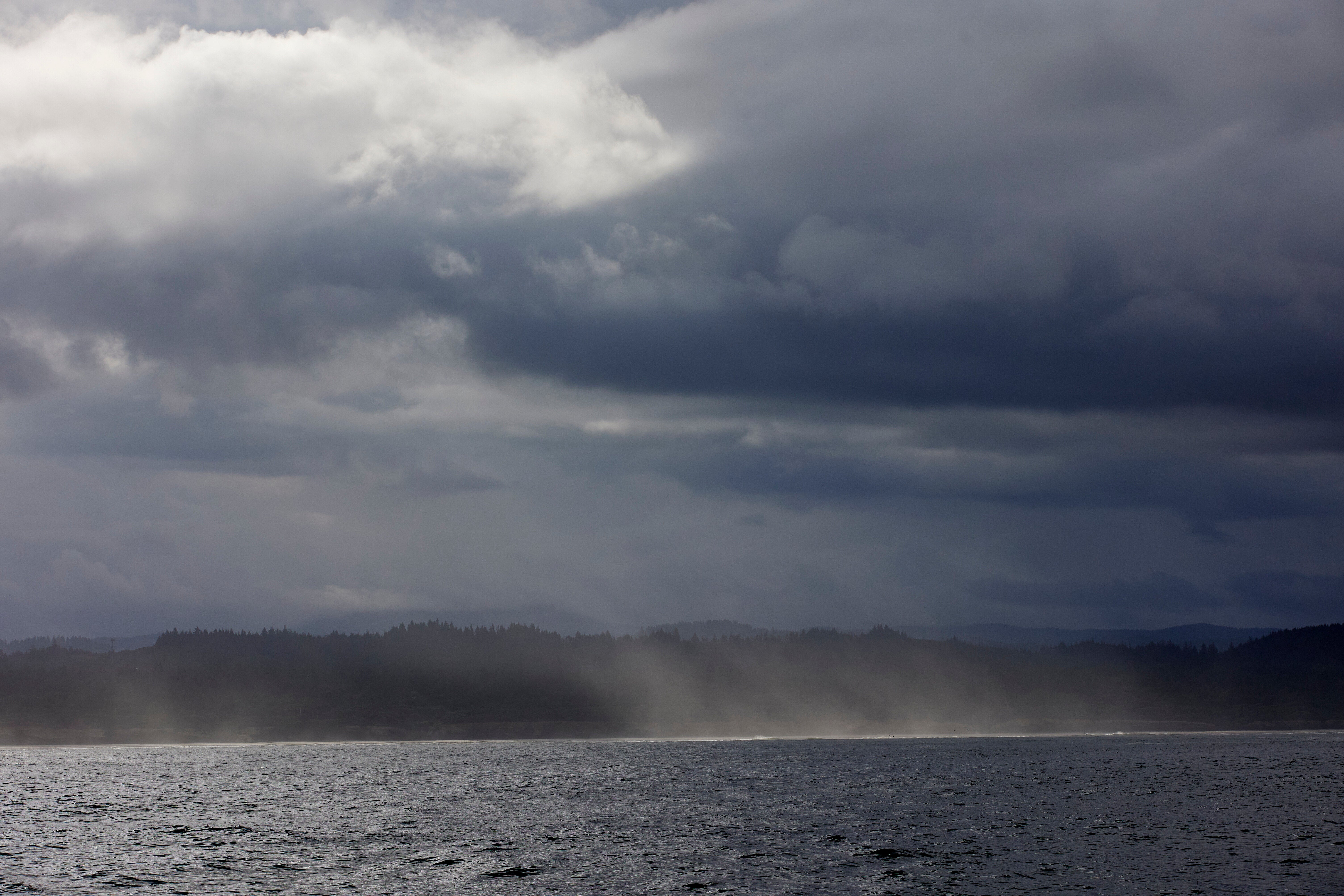Companies back away from Oregon floating offshore wind project as opposition grows
The number of companies planning to bid on a chance to develop a floating offshore wind project off the Oregon coast has been dwindling as opposition to the plan remains strong

The number of companies planning to bid on a chance to develop a floating offshore wind project off the Oregon coast has been dwindling as opposition to the plan remains strong.
The federal government finalized two areas for floating offshore wind farms along the Oregon coast in February. The move brought the state closer to commercially developing and producing a renewable energy source as part of the fight against climate change.
But opposition from tribes, fishermen and coastal residents highlights some of the challenges the plan faces. Some are concerned that the construction will harm sea life, marine habitat, culturally important areas and views of the ocean.
Mainstream Renewable Power Inc., one of the companies that had planned to bid on the project, told Oregon Public Broadcasting that it will not longer participate in the sale scheduled for Oct. 15. Two others told the Oregonian/OregonLive that they, too, are backing out.
In addition to the opposition from tribes and fishermen, community groups have also voiced opposition to developing floating offshore wind farms. Coos and Curry counties will be voting on whether to oppose wind development.
The U.S. Department of Interior’s Bureau of Ocean Energy Management would not confirm the number of companies participating in the upcoming auction. It also would not say whether the auction would be delayed if only one bidder submitted a plan.
Oregon Public Broadcasting has reached out to all five eligible bidders to confirm their participation. So far, only Mainstream Renewable Power has replied.
The Confederated Tribes of the Coos, Lower Umpqua and Siuslaw Indians have sued the Bureau of Ocean Energy Management, claiming it failed to consider the environmental, cultural and economic impacts of offshore wind farms. The group hopes to delay the Oct. 15 auction.
Oregon Gov. Tina Kotek has been working to ease tensions over wind development. She acknowledged that the federal government’s process for developing it “hasn’t started off on the right foot,” but said the state must explore renewable energy options — including floating offshore wind farms — to meet its climate goals.
Bookmark popover
Removed from bookmarks